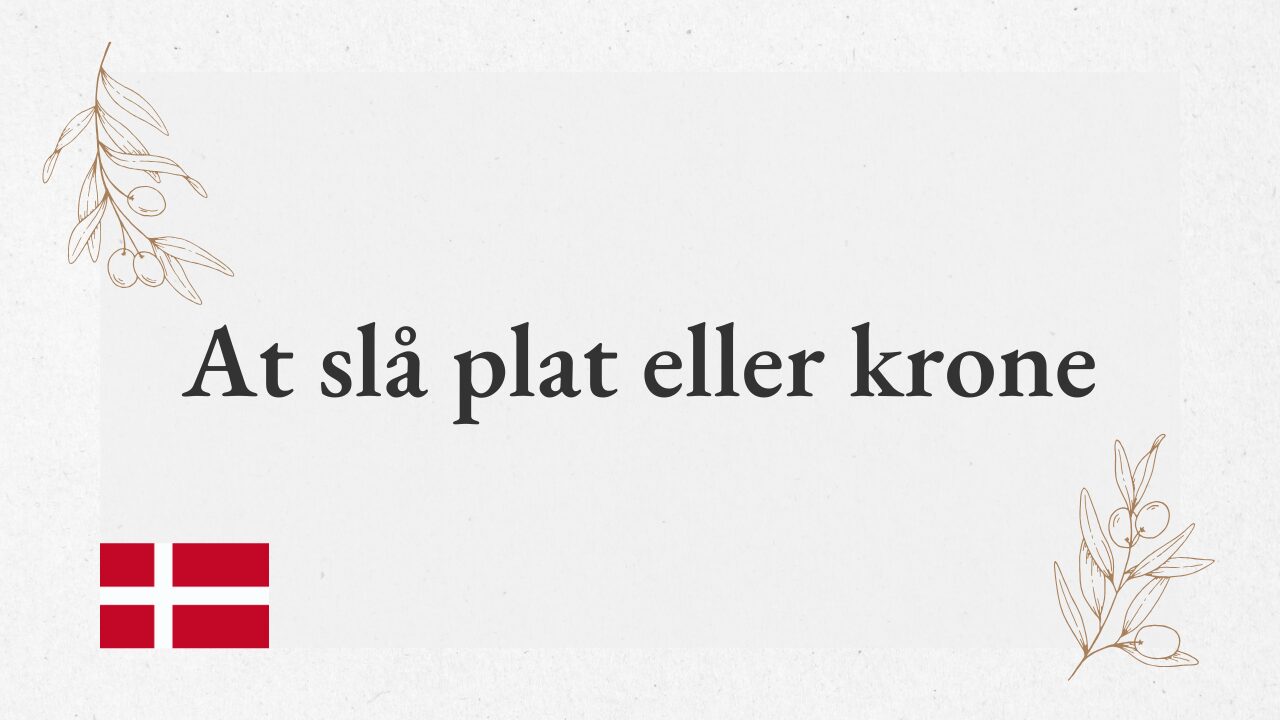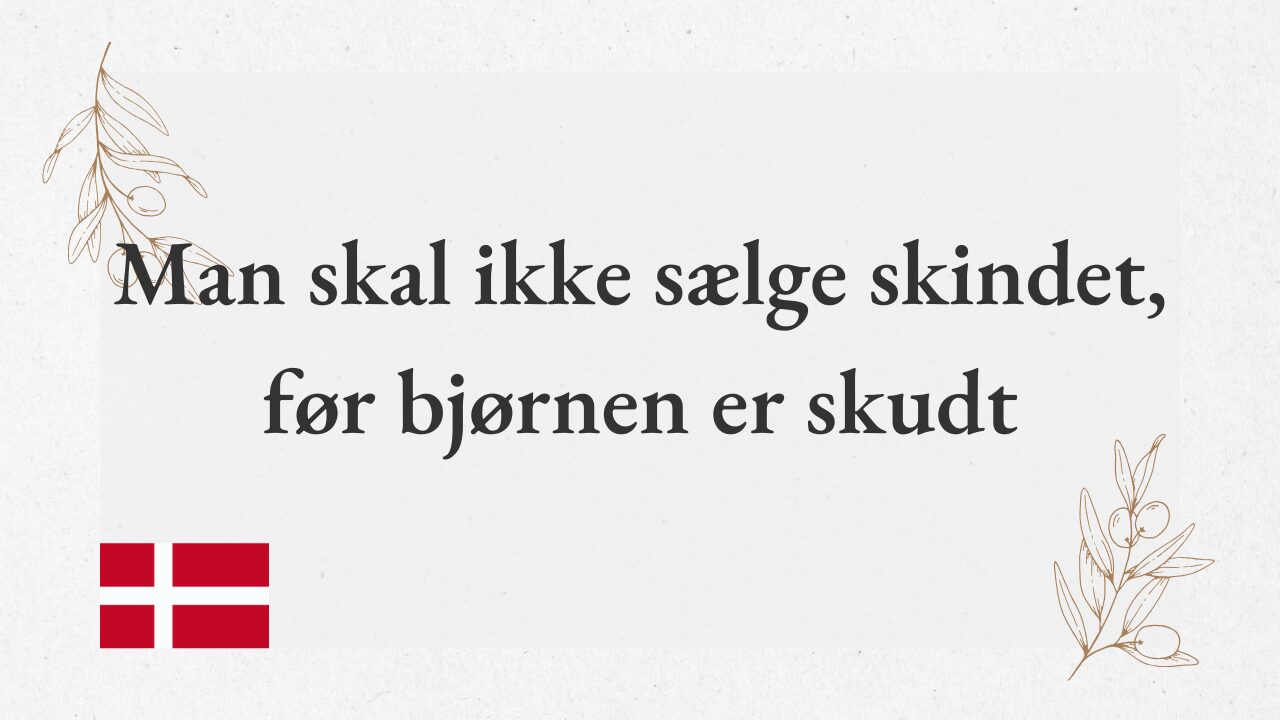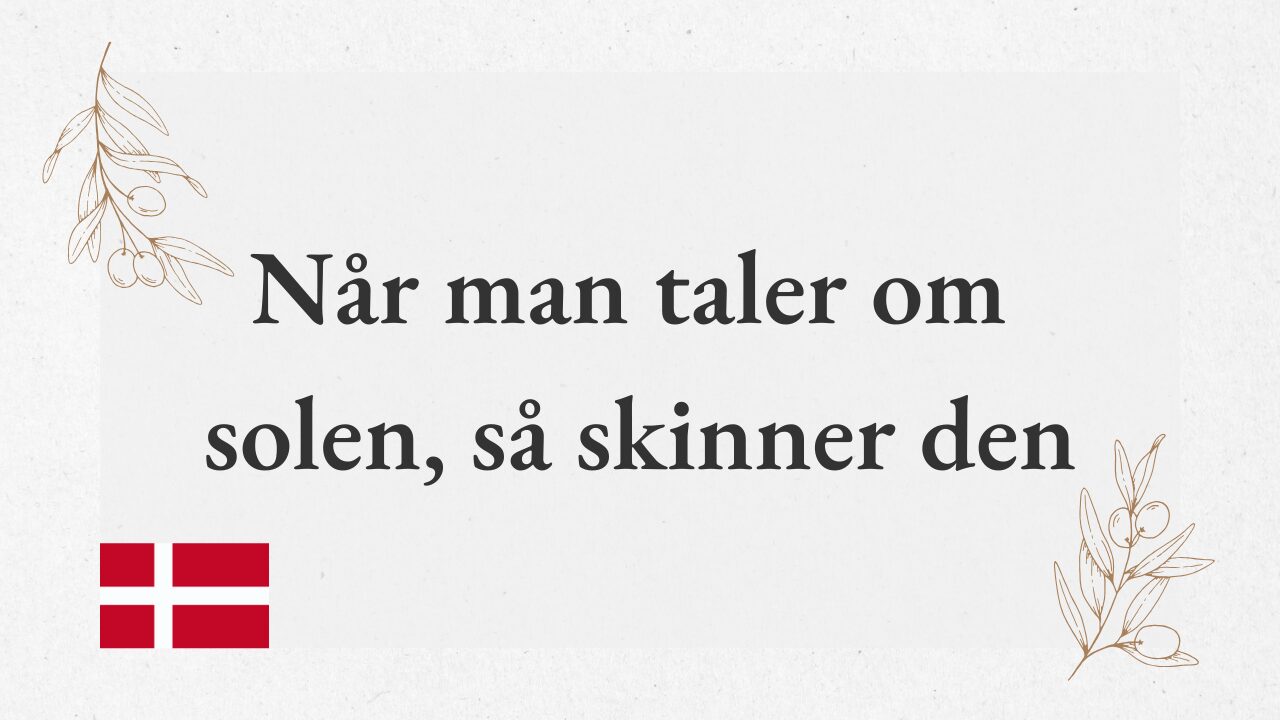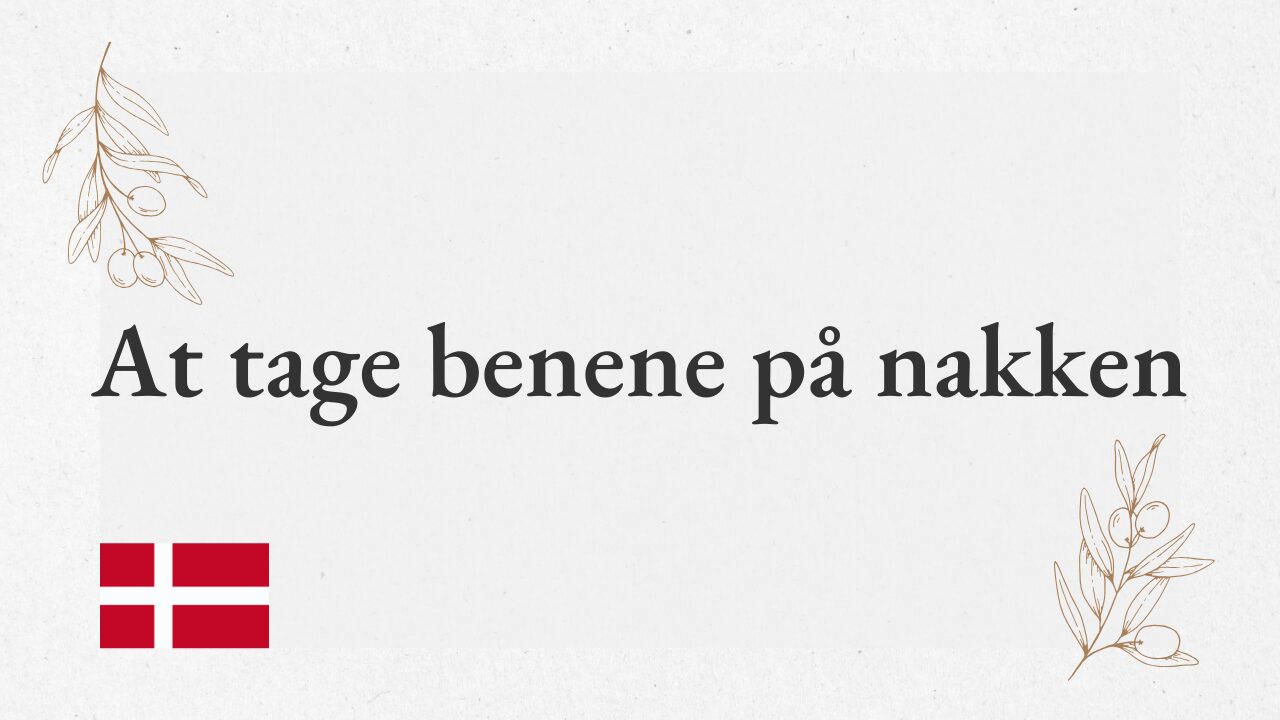“At gå over åen efter vand” – Crossing the river to fetch water
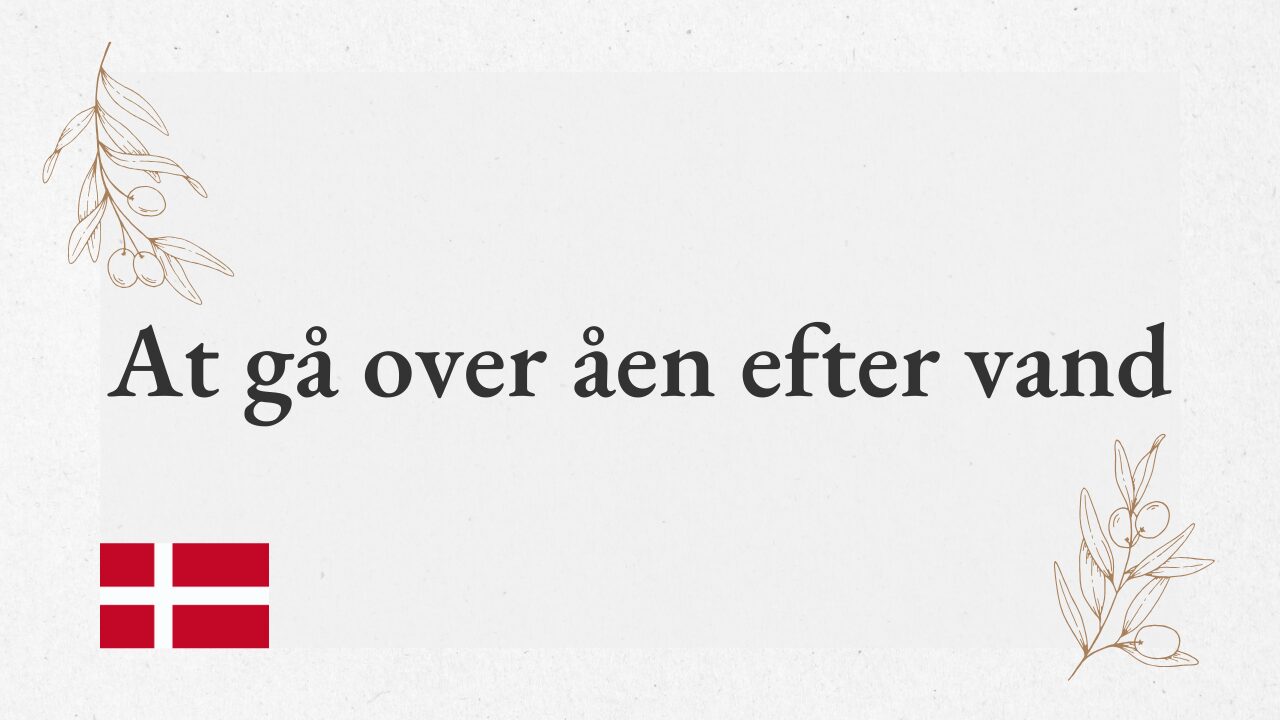
Meaning
“At gå over åen efter vand” is a Danish proverb that literally translates to “crossing the river to fetch water.” This expression highlights the futility of going out of one’s way to do something that could be easily achieved nearby, serving as a reminder against unnecessary efforts. It warns against choosing complicated methods when a simple solution is available, or investing significant effort into avoidable problems.
English expressions that convey similar meanings include “Going around one’s elbow to get to one’s thumb,” which refers to taking an unnecessarily long route, or “Making a mountain out of a molehill,” which highlights the tendency to overcomplicate trivial matters.
Likewise, in Japanese, expressions like “骨折り損のくたびれ儲け” (futile efforts) or “無駄骨を折る” (wasting one’s efforts) similarly describe situations where pointless effort is invested. “灯台下暗し” (darkest under the lighthouse) also reflects the same idea of overlooking a nearby solution in favor of something unnecessarily distant or difficult.
Origin
This proverb reflects Denmark’s geographic characteristics and rural lifestyle. Denmark has many rivers and waterways, and people traditionally relied on these for their water supply.
Water, therefore, was readily accessible, making it illogical to go far just to fetch it. Choosing to cross a distant river for water, rather than using a nearby source, was seen as wasteful and inefficient. This situation evolved into a metaphor for anyone ignoring practical solutions and instead opting for overly complicated approaches.
The proverb is also rooted in a broader Nordic cultural value that emphasizes practicality and simplicity. In Denmark and other Nordic countries, simplicity and efficiency in work and everyday life are highly valued. This expression reflects that mindset, discouraging people from taking unnecessary steps or engaging in overly complex efforts.
Usage
In modern times, “At gå over åen efter vand” is commonly used in a variety of contexts. It is especially relevant in business settings, where efficiency is essential.
The phrase is often used sarcastically to describe people or teams that employ unnecessary procedures, wasting time and resources when a simpler approach is available. Among family or friends, it may be used as a light-hearted joke to point out someone’s tendency to make things more complicated than necessary.
Conclusion
“At gå over åen efter vand” is a Danish proverb deeply rooted in a cultural preference for efficiency and practicality. It applies to situations where people waste unnecessary time and effort on something that could be easily accomplished with simpler means.
The phrase is frequently used in both Danish daily life and workplaces, encouraging people to consider practical solutions close at hand and avoid excessive and unnecessary efforts.

